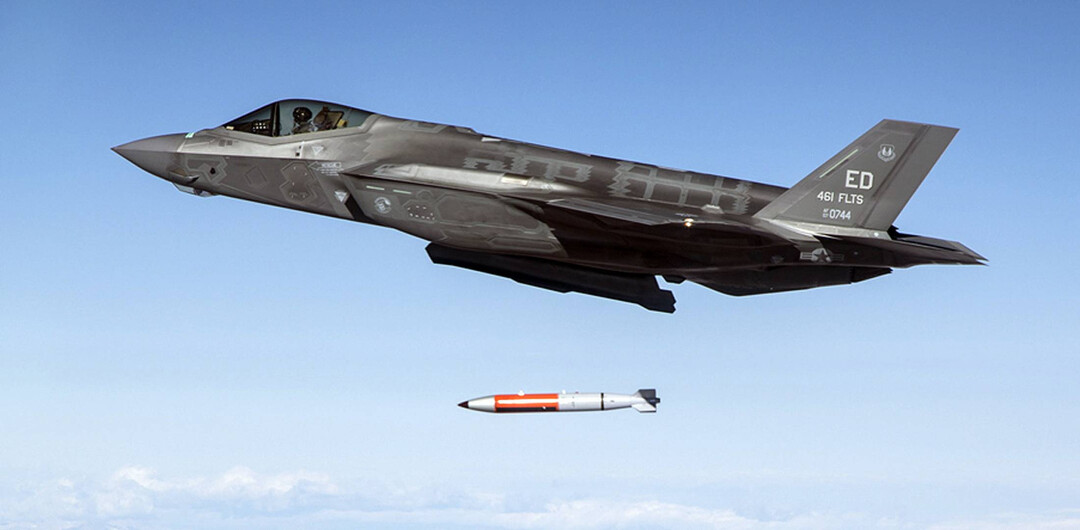
A recent survey conducted by the German Office for Radiation Protection (BfS) reveals a significant portion of the German population is deeply concerned about the potential use of nuclear weapons. 58% of respondents expressed fear of a nuclear attack, while 57% are apprehensive about a nuclear accident. These anxieties are directly linked to Russia's ongoing war against Ukraine, according to BfS President Inge Paulini.
The heightened security environment since the 2022 invasion has significantly impacted Germans' perception of radiation hazards. The conflict, particularly the precarious situation at the Zaporizhzhia nuclear power plant in Ukraine, has raised serious concerns about the potential for a nuclear catastrophe.
Radon Awareness Remains Low Despite Significant Health Risks
The survey also highlighted a critical gap in public awareness regarding the dangers of radon, a naturally occurring radioactive gas. Despite being a leading cause of lung cancer, only 3% of respondents reported taking any measures to mitigate radon exposure. This lack of awareness is concerning, as radon can easily seep into homes through cracks in foundations and poses a significant health risk to occupants.
"Although radon is a major contributor to lung cancer, knowledge about it is limited," emphasized Paulini. "It's crucial to raise awareness about this invisible threat and encourage proactive measures like regular ventilation."
Mobile Phone Radiation Concerns Persist
While the fear of nuclear weapons and radon exposure is understandable, the survey also revealed a surprising number of people (22%) taking precautions against mobile phone radiation.
"This is noteworthy considering that guidelines and limits already exist to protect users from health-related effects of mobile phone radiation," Paulini pointed out. This finding suggests a segment of the population is overly cautious about emerging technologies, while others remain largely unconcerned.
Conclusion
The BfS survey underscores the profound impact of the Ukraine war on German public sentiment. The fear of nuclear escalation has significantly increased, while concerns about everyday radiation hazards like radon remain largely unaddressed.
Moving forward, the BfS emphasizes the need for continued public education on radiation risks, particularly those associated with radon. Addressing these concerns requires a multifaceted approach that includes raising awareness, providing clear and accessible information, and encouraging proactive measures to mitigate exposure.
[Copyright (c) Global Economic Times. All Rights Reserved.]




























